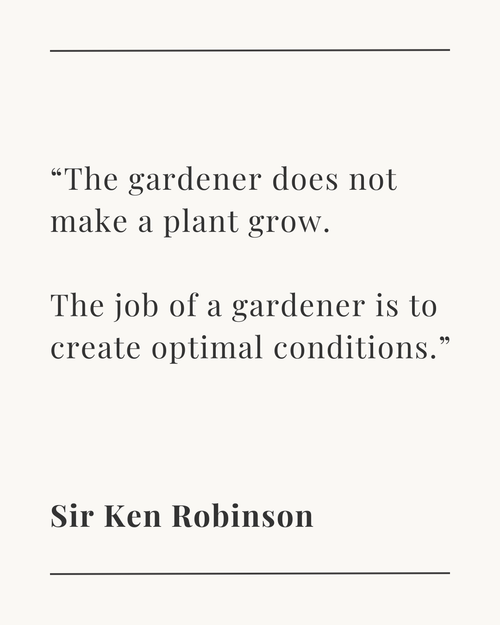"We can best help children learn, not by deciding what we think they should learn and thinking of ingenious ways to teach it to them, but by making the world, as far as we can, accessible to them, paying serious attention to what they do, answering their questions - if they have any - and helping them explore the things they are most interested in."
John Holt - Educator & Pioneer of Unschooling
Home education is booming, and with it come conversations about different approaches to learning.
One method that's frequently misunderstood is unschooling. It can be easily dismissed as a bit irresponsible, a dismissal of conventional education - and maybe a bit too 'wild.' And yet, this does it such a huge disservice.
When you dig into what it actually means, you'll see it's the original way of learning. As you can see from Holt’s quote at the start - the man who actually coined the term ‘unschooling’ - he didn’t advocate simply ‘leaving children to it.’ Instead, he knew children were born to learn, driven by curiosity and a desire to understand the world. And that learning thrives in a supportive, stimulating environment.
Intentional Learning, Not Doing Nothing
I'm not here to advocate for unschooling - every family needs to find what works for them. But it’s worth defending, because writing it off as neglectful or unstructured can put people off a learning approach with a lot to offer.
At its core, unschooling is about supporting a child’s own path, not doing things to them. This idea shows up in other approaches like Montessori or Reggio Emilia, which are also built on trust, respect for the whole child and thoughtful learning environments.
However, the key difference with unschooling is that there's an absence of imposed structure. While those other methods generally involve adult-designed materials or curriculums, unschooling is most often led by the child. Learning happens through the child’s interests, in their own time, with the adult acting as a responsive facilitator. That’s not to say it can’t include some structure, or even some teaching - in fact, many unschooled children take classes or are taught specific skills too - but it comes from the child’s own interests and needs, rather than being predetermined.
So when unschooling is seen as hands-off, or even lazy and irresponsible, it completely misses the point. In fact it takes a lot of work - just not the kind we might be used to seeing in mainstream education. When it’s done with care and trust, it can be incredibly successful.
The Active Role of the Parent
The role of the adult in unschooling is far from passive. It includes things like:
- Being a co-learner: Sharing their own passions and interests, and learning alongside their child and modelling a love of learning.
- Searching out experiences: Finding opportunities for exploration and interactions out in the world - visiting museums, reading together, watching together, playing, having conversations, bringing in new ideas and connecting with experts.
- Minimising rigid structure: Adapting to the child’s pace, energy and mood while being mindful of their own. Trusting them with the freedom and autonomy to direct their learning.
- Being present and observant: Really noticing what’s happening, listening to questions, validating interests and supporting curiosity.
- Examining their relationship to learning and childhood: This is such a big part of it. Modelling curiosity, openness and a love of learning, embracing mistakes as opportunities for growth.
It's a lot. None of it is hovering, micro-managing, evaluating. But it's not having blind faith either.
Where Things Click
I’ve played around with lots of different approaches over the years, and unschooling is the one that I’ve misunderstood at times. It can feel uncomfortable and confusing, especially if you’re new to it, if the energy feels flat or if those around you don't understand it. It doesn’t fit neatly into a box. Learning can feel messy, with ups and downs, bursts of progress and quiet stretches - but that’s all part of the process.
It's hard work, absolutely. It isn’t the easy path - it demands intention, dedication and a willingness to let go of traditional expectations - but it can be a very rewarding one.
There’s a balance where unschooling works beautifully, and often you find yourself moving toward and away from it - refining and adjusting as interests, moods, energy and developmental stages shift. Navigating your own fears and worries is all part of this process.
The Rewards
The payoff when unschooling works well is huge - not only in the learning, trust and connection you build with your child, but also in the deeper questions it encourages us to ask about our own lives and how we live them.
When children take charge of their learning - with support rather than control - they develop a lifelong love of knowledge, strong self-confidence and the ability to adapt and thrive in a rapidly changing world.
Maybe now, more than ever, it's exactly the kind of learning we need.
🏗️ If you’re interested in building strong foundations for deep, meaningful learning - no matter what approach you follow - I’ve created a 3-part guide with practical ideas and thoughtful insights. You can read the first part here.

